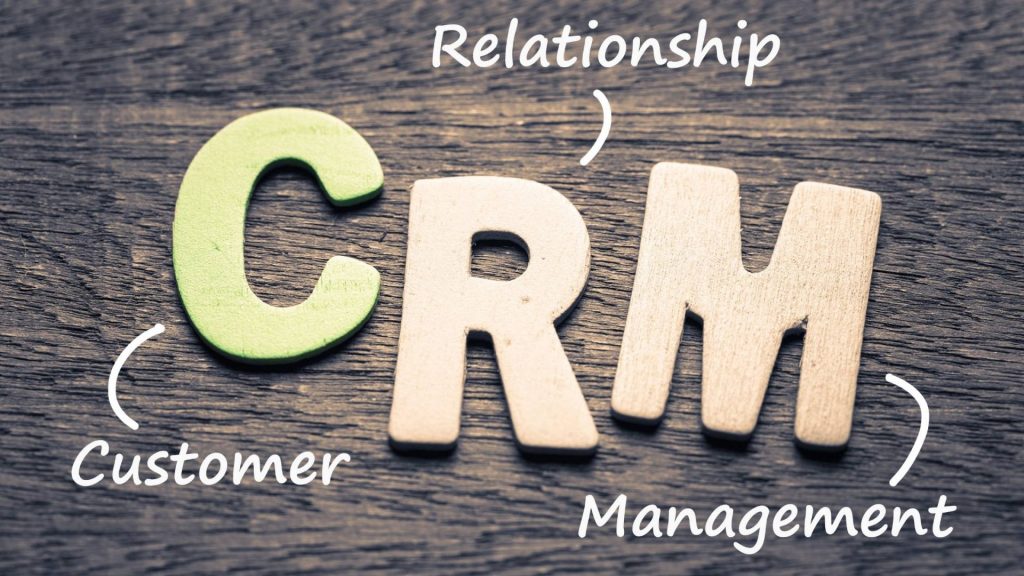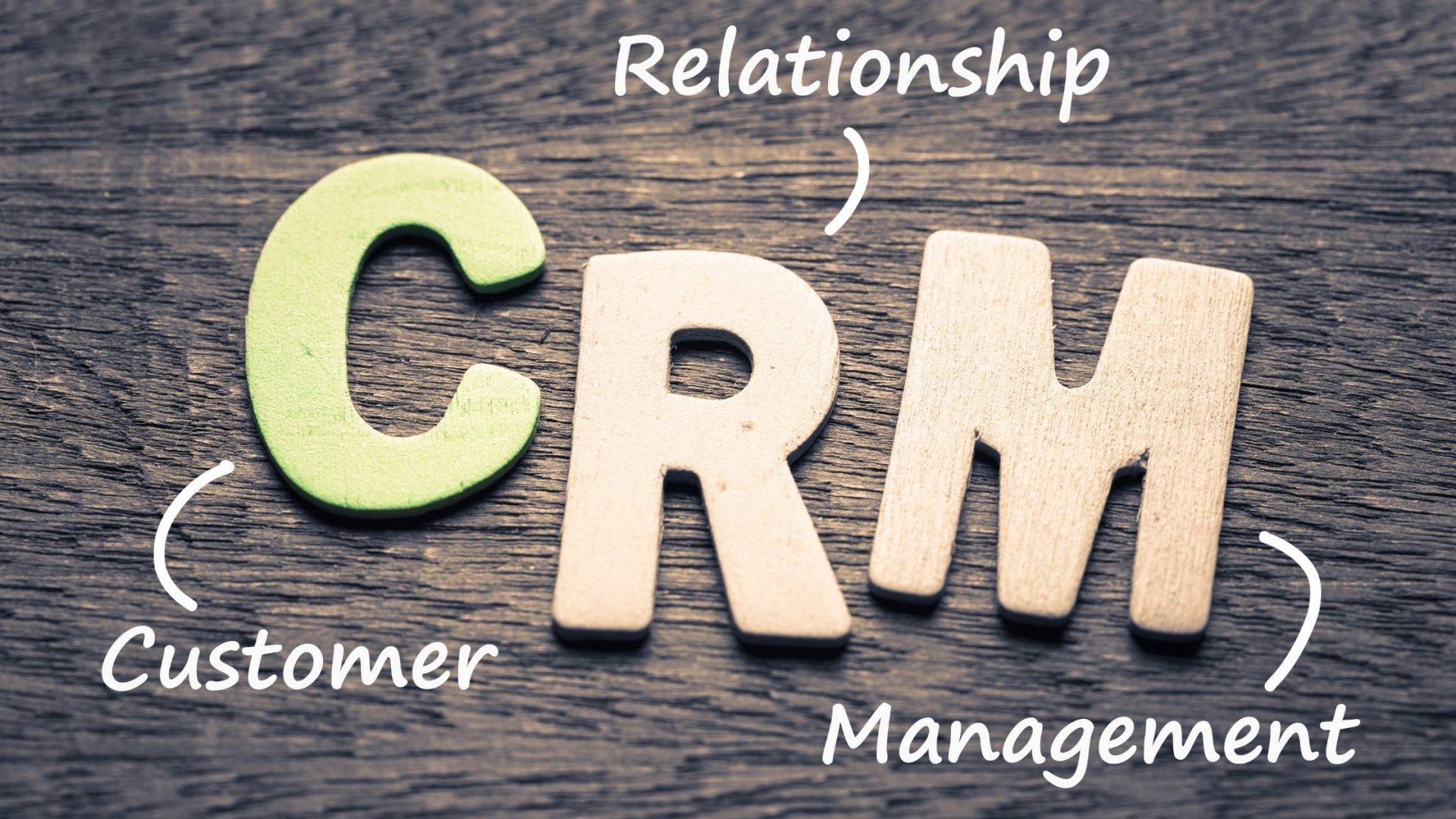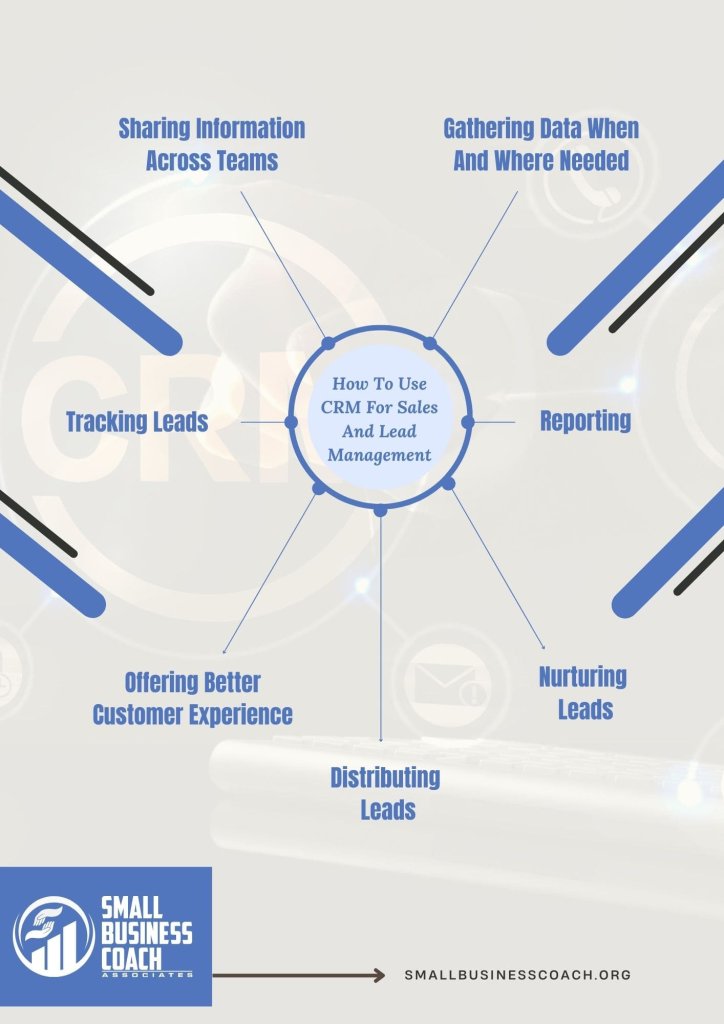VIEW BY TOPIC
- Finding Customers
- Business Systems
- Managing Employees
- Leadership
- Managing Money
Related Posts

Ready to Grow Your Business Fast?
Here’s How I Grew Five Businesses, and Eventually Sold One to a Fortune 500 Company.

How To Use CRM For Sales And Lead Management
Sales and lead management are crucial in the sales pipeline and should be done correctly. Read this blog to learn:
How To Use CRM For Sales And Lead Management
One thing every company owner will agree to is that customers are essential for a business to exist. As your brand grows and with it more customers and sales, handling this data becomes challenging. It is well beyond a manual task and businesses cannot take the risks associated with human error, data loss or duplication associated with pen and paper.
The best way to ensure complete customer data management is by using customer relationship management (CRM) technology. CRM software can manage all the interactions your business has with your customers, past and existing, as well as those who have expressed an interest in doing business with you. By having this ‘bank’ of information at your fingertips, you can invest the time to nurture your relationship with them. This way, the communication you have with them can also be used for sales and lead management in the following ways.
- Sharing information across teams

Information forms a crucial part of your lead and sales management. Collecting enough consumer data can help you really understand your customers, their problems and how you can act to solve these for them. If you are able to put yourself in a position where you can create personalized messages that engage your customers and turn them into brand advocates, then you immediately put yourself in a very strong position to win their custom again. This information needs to be visible across all the teams who will have touchpoints with your customers. It is only by doing this, that you can achieve a personalized service that caters to their individual needs.
Jobber is a good example of a CRM system that has been developed specifically for companies operating within the field service sector, such as window cleaning. All customer information is collated in one place making it very easy for any team member to access when speaking to a customer. The progress of sales can be tracked with ease, and it becomes simple to share consistent and effective marketing messages to customers at the various stages of the sales funnel.
- Gathering data when and where needed
The primary function of CRM is collecting customer data from the different channels where they interact with your brand. First, the system will gather all the required data from all the essential channels, which it does without any human intervention. Second, it will check the data for keywords or customer demographics. This kind of quality data is essential for lead management and for making conversions.
Additionally, CRM can facilitate an easier delivery of information to your team by providing it when and where they need it. This is done through customizable CRM dashboards, which can be designed by your team according to what they want to see. This helps with productivity as administrators can immediately find the information they are looking for.
- Reporting
Analyzing the data you’ve collected and making reports in between marketing campaigns will help you assess where your progress stands and benchmark your levels of success. This will tell you if you’re meeting your marketing goals, and if you need to improve or change the tactics you have adopted.
CRM shows infographics and information in real time and when needed. Because of its automated features and customizable dashboards, there is no longer the need to manually gather data for reporting purposes. It can be used for real time decision-making to improve sales and lead generation management.
- Offering better customer experience
Customer experience is an important step in lead management as it determines how satisfied your prospects are with your services. Therefore, make it a point to always offer the best experience to your customers and endeavor to turn qualified prospects into buyers.
Unfortunately, there are businesses that fail at this, and so they end up losing out on revenue for several reasons. To prevent this from happening, the investment of a CRM system will help automate all interactions between your business and its consumers. If used correctly, it should be able to capture data to help your sales team understand your customers frustrations, emotions, and other needs and how you can service these.
- Tracking leads
Companies can improve their sales and lead management through the tracking of leads. This is an effective way of knowing the status of each. For example, you can track the number of customers who were contacted during the past month. You can also track what was discussed, the results of the interactions, and what channels were used.
Using a CRM will allow you to identify the actions that can drive conversions or generate quality leads. You’ll have an enhanced sales process as a result that helps you reach your goals faster. Also, tracking with the use of CRM helps identify areas that may need improvement in your sales pipeline.
- Distributing leads
During high seasons, businesses can experience a high influx of leads over a short period of time. This can quickly overwhelm internal teams if they don’t have the right tools in place to deal with them. A CRM software program can help to automate leads so they can be assigned to specific team members to be dealt with in the most effective way. The same applies if territorial sales are to be assigned to a particular regional or sales group.
- Nurturing leads

Lead nurturing is the process of identifying where a prospect is in the sales pipeline. It happens after the leads have been tracked and distributed to the sales team and includes the creation of targeted content and communications with prospects who are at different stages of the process and whose preferences may be through different communication channels.
A CRM system can help you personalize and coordinate these communications. Without a CRM tool in place to automate this process, it will be difficult to track whether your messages are working and leading to conversions.
Conclusion on CRM
Good sales and lead management requires the automation of certain tasks. Large volumes of data is required in order to draw actionable conclusions to inform business decisions. This can only be done with a robust CRM system in place that has the capabilities of handling large amounts of information and collecting it in such a way that it can be sorted, reported on and used to inform strategic direction and deliver a personalized service that your customers want.














